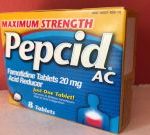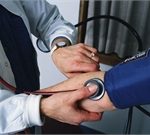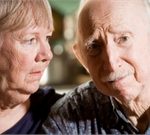
A new analysis shows that parts of the country that had been spared the worst of the coronavirus pandemic are now tallying record-high cases of new infections. Since the start of June, 14 states and Puerto Rico have recorded their highest seven-day average of new coronavirus cases since the pandemic began, data tracked by the Washington Post shows: Alaska, Arizona, Arkansas, California, Florida, Kentucky, New Mexico, North Carolina, Mississippi, Oregon, South Carolina, Tennessee, Texas and Utah. At the same time, new predictions from the University of Washington in Seattle show the U.S. coronavirus death toll could now hit 145,000 by August, NBC News reported Tuesday. If the prediction bears out, it would mean 30,000 more deaths would occur in the country in the next two months. As of Tuesday, nearly 111,000 COVID-19 deaths have been reported in this country. And in a confusing twist on the effort to understand how coronavirus spreads, a World Health Organization official said Monday that asymptomatic transmission of COVID-19 seems to be rare. Until now, experts believed that transmission by infected people who did not show any symptoms was a main driver of viral spread. “From the data we have, it still seems to be rare that an asymptomatic person actually transmits onward to a secondary individual,” Maria Van Kerkhove, the WHO’s technical lead for coronavirus response and head of… read on >

















